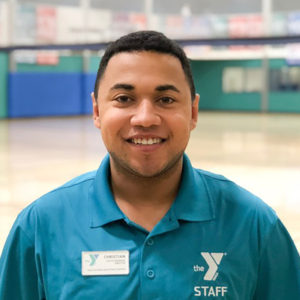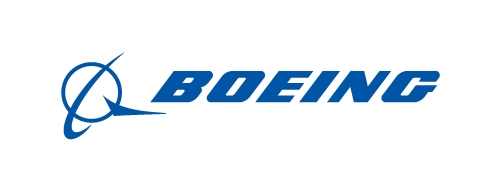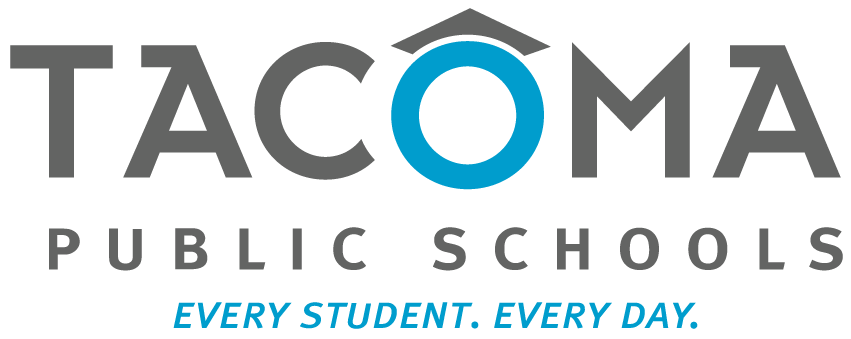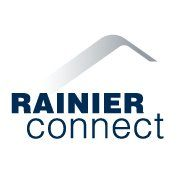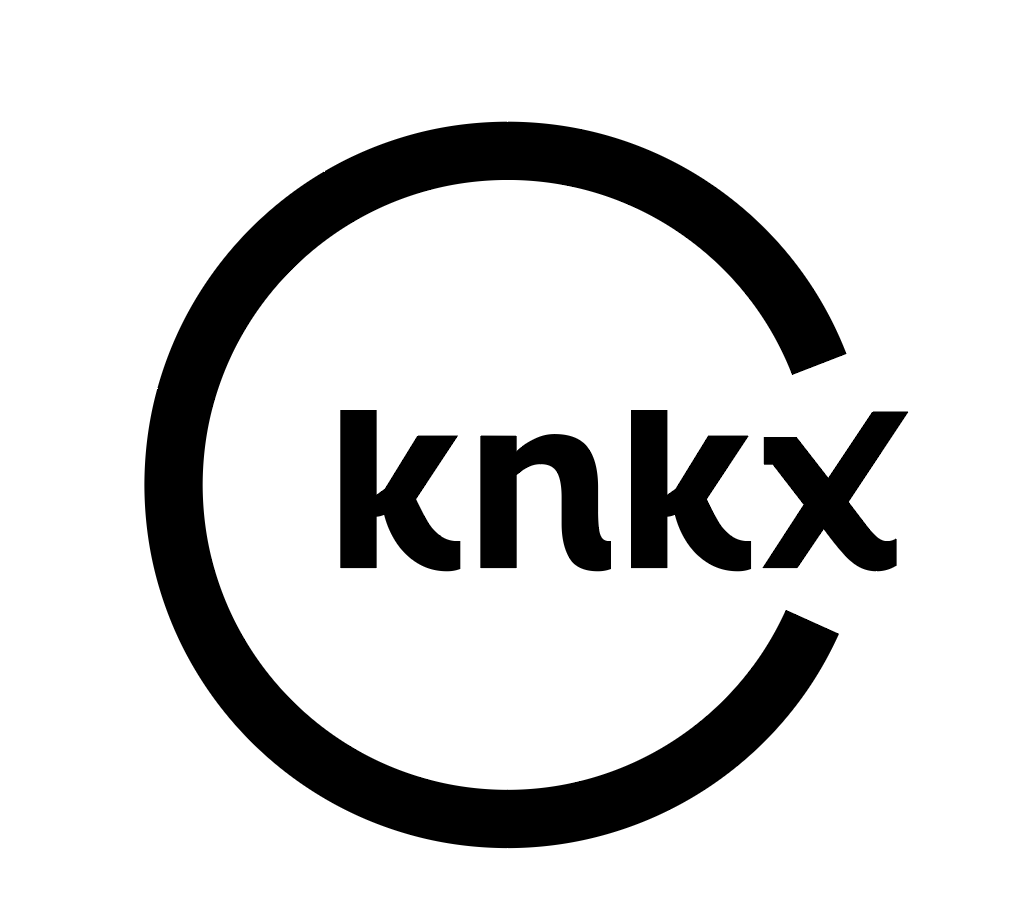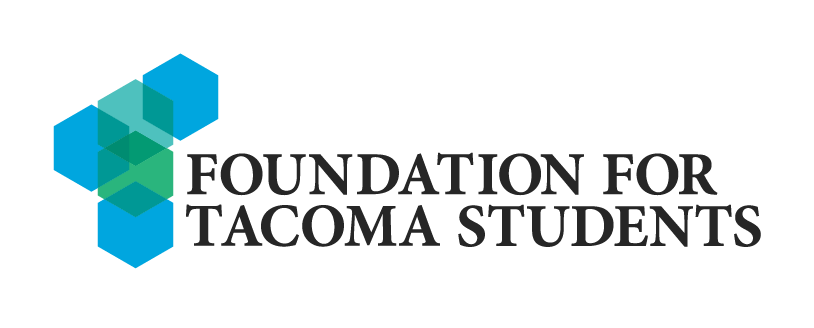This blog series spotlights the ten policy recommendations from our latest Making the Case Report: A Policy Blueprint to Increase Financial Aid Uptake. Each week, we’ll focus on a key strategy designed to increase FAFSA/WASFA completion and financial aid attainment.
While we explore these specific policy recommendations, our team will continue to track and report on the broader legislative landscape. We’ll keep you updated on bills related to student-centered policies throughout the 60-day session. For a real-time update of relevant bills, please visit our 2024 bill tracker.
Navigating through the web of financial aid prerequisites can feel like a daunting task for students and their families – often relying on guidance from educators and community partners who may need to gain specialized knowledge in this field. In the first of our recommendations, we advocate for creating a state-endorsed financial aid certification tailored for K-12 school counselors, teachers, and community partners. This new accreditation program, overseen by the Washington Student Achievement Council (WSAC), would ensure that students receive precise and up-to-date filing information from trusted sources, minimizing errors and streamlining the financial aid application process.
Policy Recommendation #1
Create a state-endorsed financial aid certification for K-12 school counselors, teachers, and community partners to ensure students receive accurate filing information. Incentivize achieving that certification with additional compensation or training hours.
A consistent challenge in FAFSA/WASFA outreach efforts is the need to rely on adults in schools, higher education institutions and community members who are not financial aid experts. Making sure that students receive accurate information from the trusted adults in their lives is important, as errors on the forms can result in delayed processing and the need for additional verification steps.
To ensure students and families have FAFSA/WASFA expert assistance available to them no matter where they live, WSAC should oversee the creation of a financial aid certification. Alternatively, WSAC could select an existing program that can be modeled and offered statewide to school counselors, teachers, and community partners.
In the near term, the certification could be piloted through existing programs that offer connections to adults who can help students navigate the college-going process. The Gaining Early Awareness and Readiness for Undergraduate Programs (GEAR UP) is one such program that could provide an opportunity to test the implementation of a financial aid certification for eventual wider adoption. WSAC’s 2024 supplemental budget request to expand the State Work Study (SWS) program to support a near-peer mentorship program is another policy that could pair well with a certification pilot.
Longer-term, financial aid training and certification opportunities must be ongoing since forms and policies change frequently. WSAC, the Office of Superintendent of Public Instruction (OSPI), and the Professional Educators Standards Board (PESB) should explore whether completion of such training and certification could be recognized as continuing education credits or “clock hours.” After initial piloting and refinement, a goal should be established to have at least one financial aid-certified professional available in every school district to confidently provide expert support and answer both routine and complicated questions/scenarios about accurate completion of the FAFSA/WASFA. Certified staff should be eligible for a bonus, similar to the existing bonus for becoming a National Board Certified Teacher.
Example
A potential partner for this work is the National Association of Student Financial Aid Administrators (NASFAA), which offers the Financial Aid Administrator Credential. Over time Washington could build a professional association modeled on the Colorado Association of Financial Aid Administrators (CAFAA), which includes dedicated financial aid professionals committed to financial aid awareness across the state.




